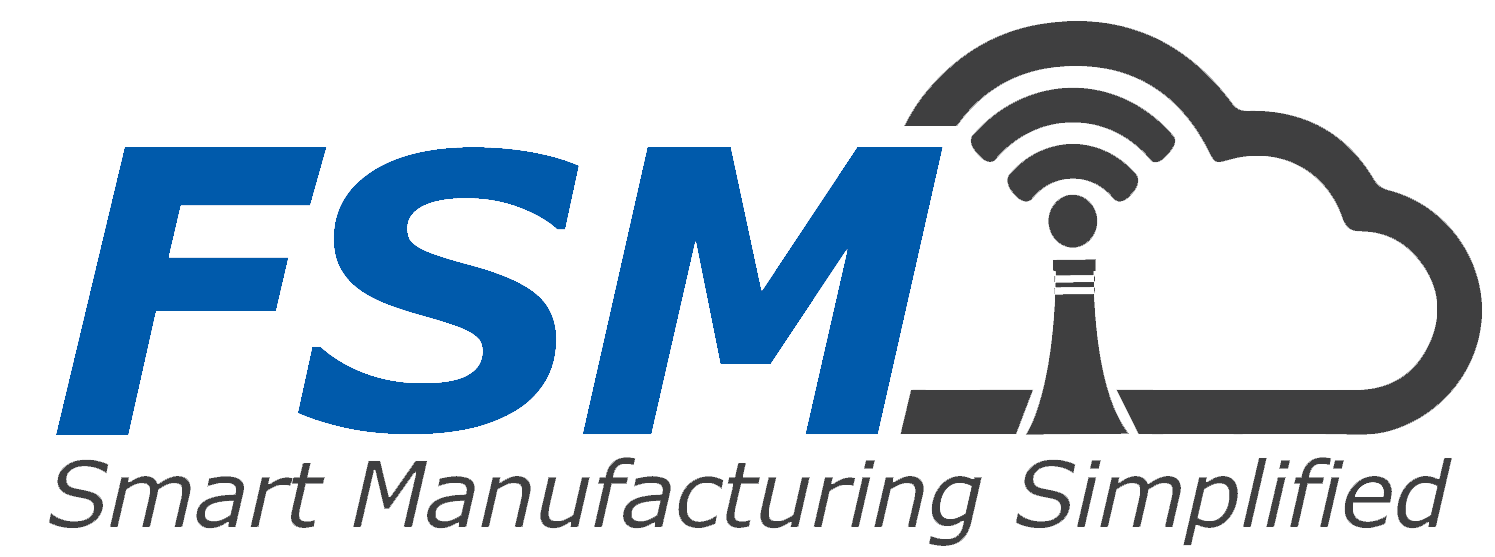Industrial Safety
The term safety denotes the functional safety of machinery or, put another way, the protection of people and the environment against threats that can proceed from machinery. Safety demands that residual risks arising from a plant or machine do not exceed acceptable values. This includes hazards to the plant environment (e.g. environmental damage) as well as hazards within the plant or machine (e.g. people inside the plant). One option for the worst case is simply to interrupt the energy supply straight away and bring the machine to a hard stop. The traditional way of providing scope for this is by means of special safety wiring and components such as safety relays. Because this approach is very much hardware-based and therefore static, it is not particularly suitable for intelligent manufacturing processes where plant layouts continually need to be changed. A hard shutdown is generally associated with further disadvantages, whether these involve loss of productivity, extended downtimes due to more complex recommissioning procedures or a restriction in the machine’s operating and maintenance concept.
An alternative is offered by dynamic safety concepts based on an integrated view of changing automation processes and functional safety requirements. This changes the view of safety itself; it is regarded less as a hardware characteristic and more as a cross-device function. This approach allows processes to be operated in a safely controlled manner without any need to interrupt them immediately every time a fault occurs. But the dynamic approach can only be implemented efficiently if functional safety is built into automation projects from the moment they are planned.
Call us for any query
011-26582053, 8076197190
